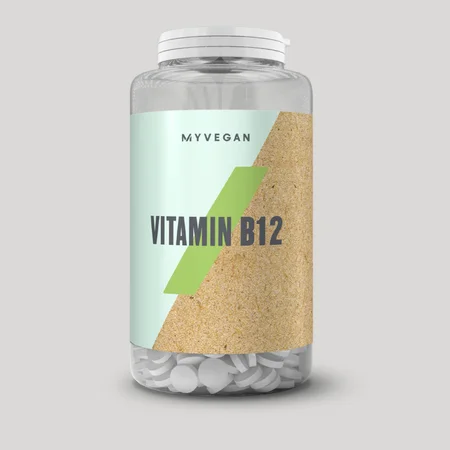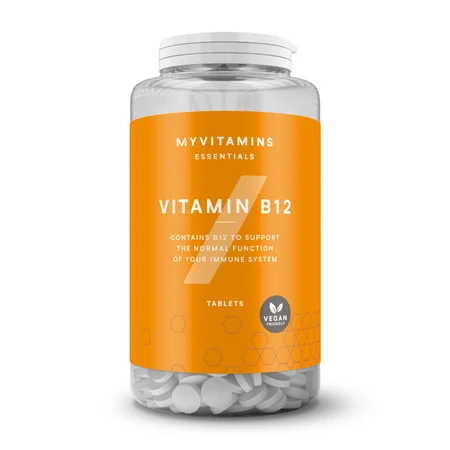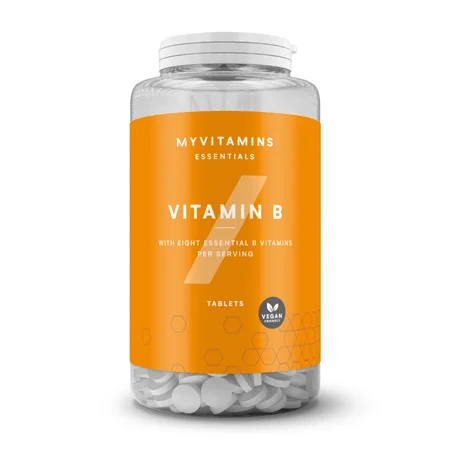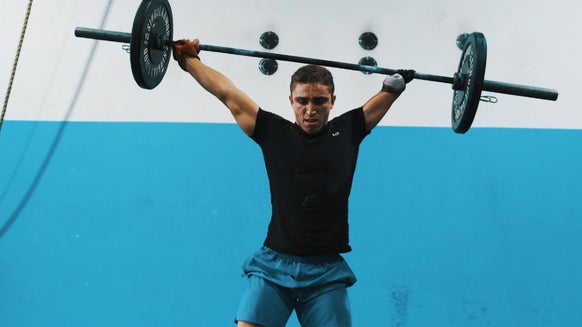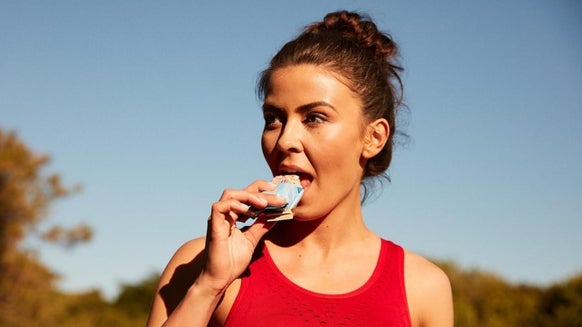10 Foods High In Vitamin B12
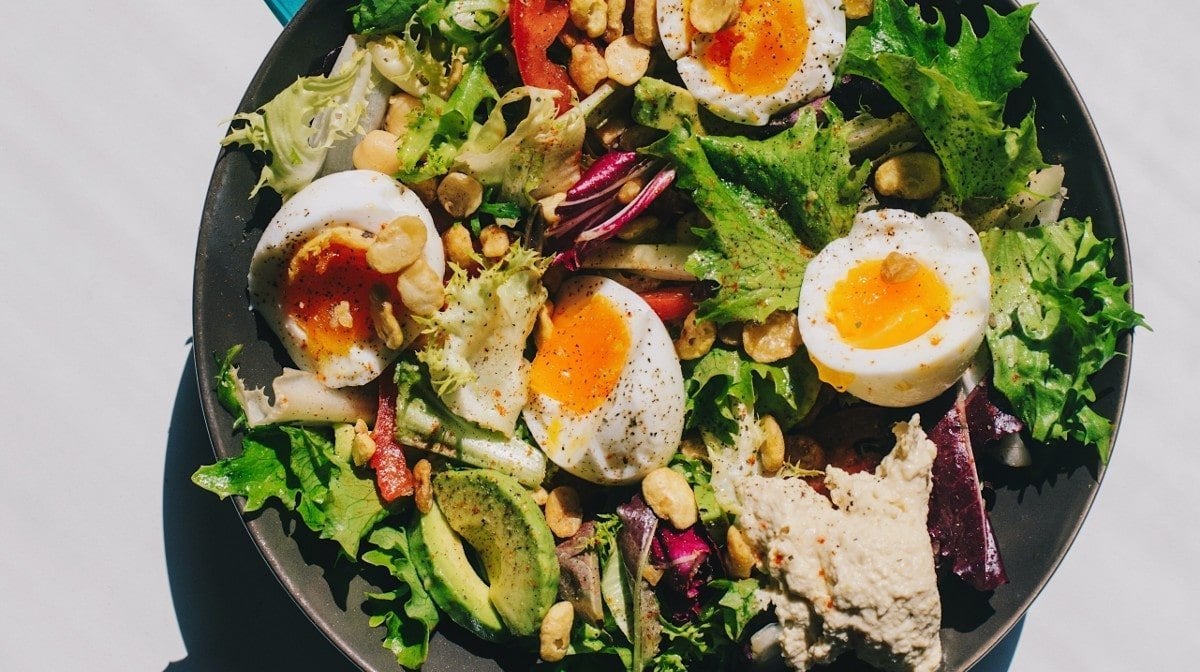
Vitamin B12 is a hot topic nowadays as vegetarian and vegan diets have gained popularity, talk of B12, and associated deficiencies, has increased1. Although we often hear how supplementing with B12 is important, there are also certain foods high in B12 that can boost your intake.
But what exactly is vitamin B12 —why should we care about it, and how does it help the body to perform and function as it should?

What is vitamin B12?
Vitamin B12, also known as cobalamin, is a water-soluble vitamin. Water-soluble vitamins are those that the body cannot readily store, so we need to consume them on a regular basis (daily) to avoid deficiencies.
Vitamin B12 is essential for good health and development. It works in partnership with folic acid (B9) and vitamin B6 (pyridoxine) to make healthy red blood cells and nerve cells. Vitamin B12 also helps in the production of DNA, RNA and other genetic material1.
B12 is also known for its important role in our metabolism, particularly in the metabolism of fat. A deficiency of B12 may lead to feelings of fatigue and, possibly, an increased risk of obesity2.
Why should I care about getting enough vitamin B12?
There’s a fairly long list of deficiencies associated with poor B12 status: megaloblastic anaemia, fatigue, constipation, loss of appetite, undesired weight loss, numbness and tingling in the hands and feet, difficulty maintaining balance, oral pain and even decreased mental health are all symptoms of B12 deficiency.
What’s arguably even more important (because, let’s face it, we’re all fitness-lovers) is that a deficiency may actually harm your exercise performance and recovery.
Many of us like to keep active, so it's important to hear that B12 requirements may be greater in athletes than sedentary people3.
And this may be an even more important consideration for athletes4 and people with plant-based diets5.
So, to make it easier for you to achieve your B12 needs, we’ve come up with a list of our 10 favourite foods bursting with B12, so you’ll never need to worry about a deficiency again.
10 foods rich in vitamin B12
For reference, it’s important to note that the UK recommended daily allowance (RDA) of vitamin B12 is 1.5µg (micrograms). Just so you can get an idea of how the amount of B12 in the foods we list stacks up to what you need. Now, on to the list…
1. Liver
It may be unpopular with some, but liver (such as cow) is one of the absolute-best nutrient and vitamin powerhouses we have in our diets.
Depending on the source, liver can provide up to 20µg of vitamin B12 per 100g serving. That’s a lot, FYI. Liver is also packed with iron and B6, which are of great benefit for supporting your energy levels, while also being rich in protein too.
2. Molluscs
Ever had muscles, oysters or clams? If B12 is your concern, it might be worth adding these into your diet.
100g of clams nets you a whopping 80-100µg of B12, with oysters packing a not so high yet still pretty impressive 16-18µg per 100g serving. Scallops aren’t quite as high (coming in at around 1.2-1.5µg per 100g serving) but would still help you achieve your RDA in a single serving.
These fishy friends are also packed full of protein as well as iron, zinc (which supports our immune system and a host of other important body processes) and other minerals.
3. Salmon
100g of salmon provides around 3µg of vitamin B12. As well as being super delicious, salmon also is one of the most nutritious protein sources in our diet. You should consider adding it to your diet for its omega 3 content alone — omega 3 is a polyunsaturated fatty acid that helps support heart and brain health.
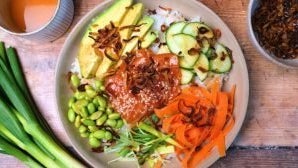
Salmon Poke Bowl Recipe | High-Protein Meal Prep
Try something new to switch up your meal prep.
4. Tuna
Many of us will remember eating cans of tuna when we first realised protein was a thing... but tuna is so much more than that.
For one, it’s a great source of B12; a 100g serving of tuna will provide just over 2.2-2.4µg of B12.
Tuna is also a good source of omega 3, as well as vitamin B6 and potassium (an important electrolyte that helps to ensure our muscles and nerves function correctly).
5. Mince (beef)
Many lifters will be nodding along to this article feeling like they’ve been B12 pros the entire time. And here’s another classic bodybuilding food that will also provide a good serving of B12.
A 100g of cooked mince gives you a similar amount of B12 to a serving of tuna - between 2.2-2.5µg.
Beef mince is also packed full of protein and is a great source of iron.
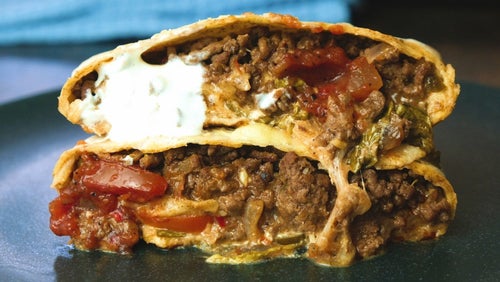
Homemade Beef Crunch Wraps | Fakeaway Favourites
How to get your fix of that Taco Bell classic.
6. Milk
Milk, and other dairy sources, are sneakily good providers of B12. Milk itself has around 1.1-1.4µg per 250mls (a standard glass, more or less).
It’s also a great sourc7. e of calcium (to keep those bones and teeth good and strong) as well as both slower and faster digesting forms of protein (casein and whey protein).
7. Yoghurt (plain)
A 150g of plain yoghurt provides roughly 1µg of B12, which is a great serving. Similar to milk you can also expect a good source of calcium, a high-quality protein source and, rather uniquely, a source of probiotics (bacteria thought to positively influence gut bacteria, with possible benefits for mental and physical health).
8. Egg (whole)
Eggs are no yolk when it comes to B12, providing up to 0.6µg per egg.
Not bad, if you ask me. On top of that, eggs are also a great source of monounsaturated fats (a fat that can support a healthier heart when replacing unhealthy fats in the diet) and vitamin D.
Vitamin D is critical for many functions within the body, from bone health to mental health.
Egg-Stuffed Tortilla Wrap | 10-Minute Lunch Hack
Try this simple wrap hack next time you need a protein-packed lunch.
9. Fortified foods and breakfast cereals
Any excuse to eat more cereal is always welcome, and they may actually help you to get more B12 into your diet.
Keep an eye out on labels for B12 (or cobalamin) as all foods are slightly different; fortified nutritional yeast for example can contain as much as 23-25µg per 15g.
10. Tempeh
Everyone’s favourite vegan rapper, Tinie Tempeh. Just kidding, although tempeh does only have a ‘tiny’ amount of B12 per serving, with only around 0.1µg of B12 per 100g of tempeh.
You might be wondering then why tempeh has been included in this list. That’s because it’s actually one of the best plant-based sources of B12, which is why it’s usually a good idea for vegans to supplement with B12, luckily we can help with that.
Take home message
Vitamin B12 has a diverse and important role in the body, ranging from the production of our DNA to the formation of healthy functioning red blood cells. Animal sources, particularly offal, molluscs and red meat are, incredibly rich in B12. Some vegetarian-friendly sources, in the form of dairy products and eggs, are also great sources.
For those who avoid most, if not all, animal products, you may want to consider supplementing with B12 to minimise your risk of deficiency. It’s also recommended that more athletic and older readers give supplementation a go, or at least start incorporating some of these B12 superfoods into your diet!
READ THESE NEXT:
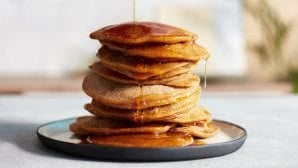
10 High-Protein Vegan Breakfast Recipes To Actually Keep You Full
Get your day off to the best start with these plant-powered recipes.
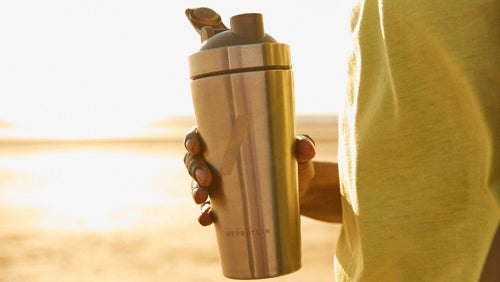
Do Collagen Supplements Work? What Is The Best Type?
Find out what collagen can do for you.

